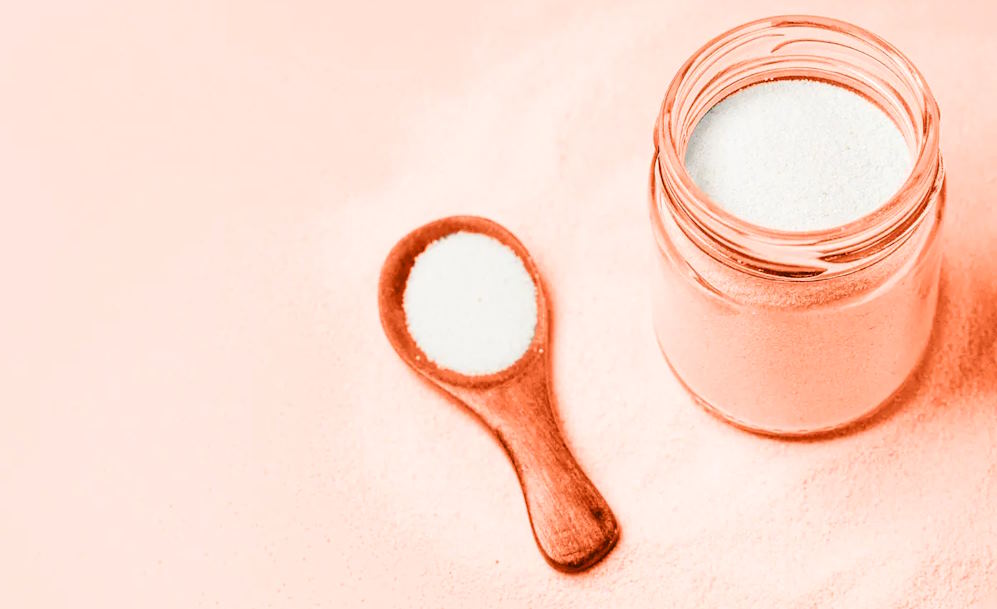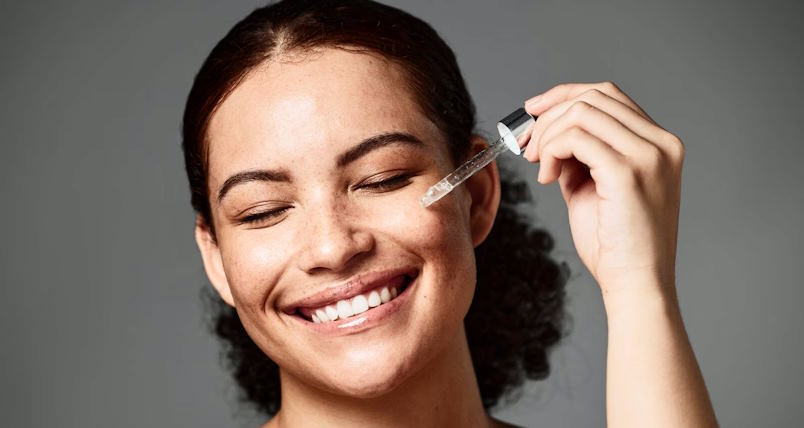Aging is an inevitable part of life, but the quest for youthful and radiant skin has been an enduring pursuit throughout history. Central to this endeavor is collagen, an essential protein responsible for maintaining skin’s elasticity and suppleness. As we age, our skin undergoes a natural decline in collagen production, leading to the development of fine lines, wrinkles, and sagging skin. Understanding the science behind collagen and exploring effective strategies to boost its levels has become a focal point in the realm of skincare and anti-aging treatments.
Factors Affecting Collagen Levels
Age-related decline in collagen production:
As we journey through life, our body’s natural collagen production undergoes a gradual decline. Starting in our mid-20s, the synthesis of collagen starts to diminish, and this decline becomes more pronounced with each passing year. By the time we reach our 30s and 40s, the decrease in collagen becomes noticeable, leading to the first signs of fine lines and loss of skin elasticity. As collagen production slows down, the skin’s ability to repair and rejuvenate itself becomes compromised. However, understanding this age-related decline in collagen empowers us to take proactive measures to maintain healthy collagen levels and preserve youthful skin.

Environmental factors (UV exposure, pollution) and collagen damage:
Environmental aggressors, such as ultraviolet (UV) radiation and pollution, are formidable adversaries to collagen health. Prolonged exposure to the sun’s harmful UV rays leads to the breakdown of collagen fibers, causing premature aging signs like wrinkles, sunspots, and sagging skin. Additionally, pollution releases free radicals that attack collagen, accelerating its degradation. These environmental factors not only deplete existing collagen but also hinder collagen synthesis, exacerbating the loss of skin elasticity.
Collagen Boosting Treatments
Topical collagen products: Do they work?
The market is flooded with a plethora of topical collagen products, claiming to rejuvenate and boost collagen levels in the skin. While these products may contain collagen as an ingredient, the effectiveness of topical application in directly increasing collagen levels is still a subject of debate. Collagen molecules are relatively large, making it challenging for them to penetrate the skin’s outer barrier and reach the deeper layers where collagen synthesis occurs. However, some topical products that contain collagen-boosting ingredients, such as peptides, antioxidants, and hyaluronic acid, can support collagen health indirectly. These ingredients help in hydration, protection against environmental damage, and stimulation of collagen synthesis. For optimal results, it’s essential to look for products with scientifically backed ingredients that complement the skin’s natural collagen production.

Natural Ways to Enhance Collagen Production
Nutrition: Foods rich in collagen-building nutrients
What we consume plays a vital role in supporting collagen synthesis. Incorporating foods rich in collagen-building nutrients can provide the essential building blocks for healthy collagen production. Collagen-rich foods like bone broth, chicken skin, and fish can be beneficial. Additionally, vitamin C is crucial for collagen synthesis, so including citrus fruits, strawberries, and bell peppers in your diet can promote collagen production. Other nutrients like zinc, copper, and vitamin E also play supportive roles, found in foods like nuts, seeds, and leafy greens. Moreover, collagen-boosting amino acids found in beans, lentils, and eggs are essential for maintaining collagen health. By embracing a well-balanced and nutrient-rich diet, you nourish your body from within, aiding collagen production and maintaining skin’s elasticity.
Lifestyle changes to support collagen synthesis
Beyond nutrition, lifestyle factors significantly influence collagen production. Prioritizing quality sleep allows the body to repair and regenerate, aiding collagen synthesis. Regular exercise also supports collagen health by promoting circulation and enhancing nutrient delivery to the skin. Avoiding excessive sun exposure and adopting sun protection measures like wearing sunscreen and protective clothing prevent collagen breakdown caused by harmful UV rays. Additionally, reducing stress through relaxation techniques like meditation and yoga can help mitigate the release of stress hormones that negatively impact collagen. By embracing a holistic approach to wellness and making conscious lifestyle choices, you pave the way for enhanced collagen production and youthful skin.

